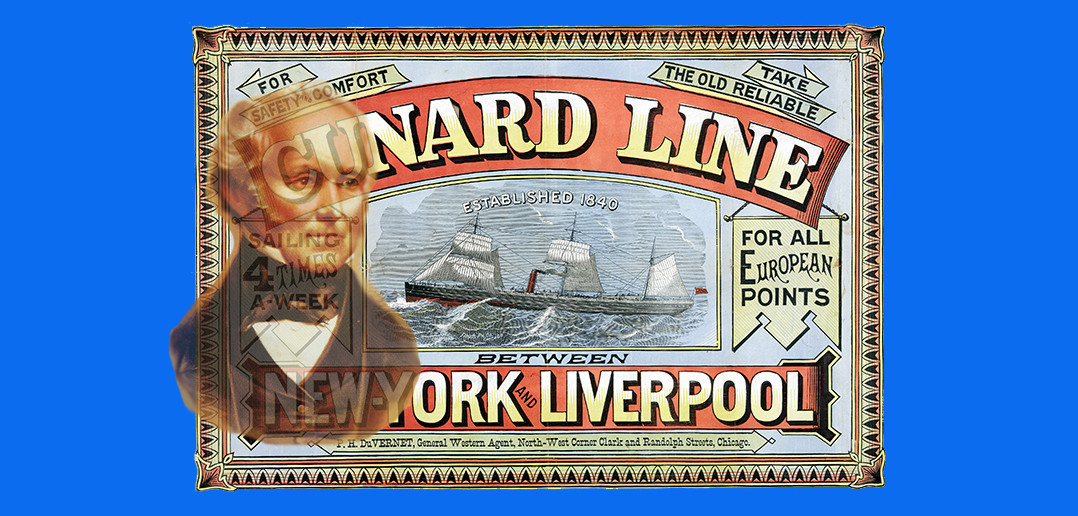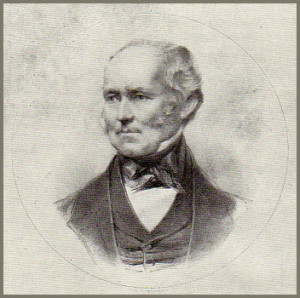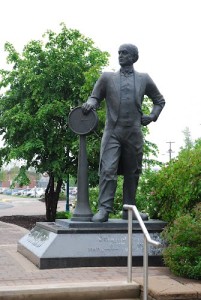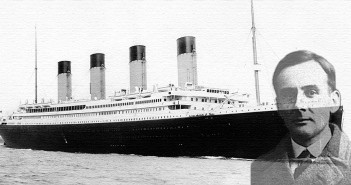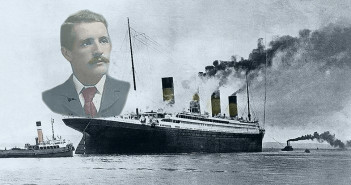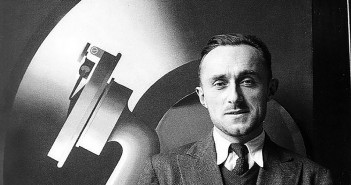Born on 21 November 1787, Sir Samuel Cunard was descended from Dutch Quakers who came to America in 1683 and settled in Pennsylvania. According to family legend, patriarch Thomas Cunard and his sons discovered a bag of gold coins on their farm, which they subsequently used to buy a ship in nearby Philadelphia, launching the family’s maritime business.
At the start of the American Revolution, the loyalist Cunards fled to Canada, eventually settling in Halifax, Nova Scotia. During the War of 1812, Samuel Cunard volunteered for service in the 2nd battalion of the Halifax Regiment of militia and eventually became a captain.
In 1839 Cunard submitted a bid to the British government to undertake a regular mail service by steamship across the North Atlantic from Liverpool to Halifax, Québec, and Boston for £55 000 annually for 10 years. The bid was successful, and in the same year Cunard, with associates in Glasgow and Liverpool, established the British and North American Royal Mail Steam Packet Company, the ancestor of the Cunard Line. The first Cunard sailing was made in May 1840, but the paddle steamer Britannia began regular mail service by steam that July by crossing from Liverpool to Halifax and then Boston in 14 days and 8 hours.
Cunard died in London on 28 April 1865, ending the first era of ocean liner history as well as Cunard Line’s near-total domination of the North Atlantic.
In the years that followed, Cunard Line struggled against new and bold competition. While Nova Scotia’s master of the North Atlantic had easily brushed off threats from Great Western, Collins and other upstart steamship lines, he failed to adequately plan for his own demise. The weak Cunard Line leadership that followed Cunard’s death created an opening for White Star Line, HAPAG, Norddeutscher Lloyd (NDL) and many other large and small shipping lines that would soon eat away at Cunard’s market share.
The Age of Cunard was over, at least for the moment. Better days would soon arrive.


Did you like this article? When you buy anything through the link below, Amazon will contribute a small amount to Ocean Liners Magazine at no extra cost to you.
Shop Now

